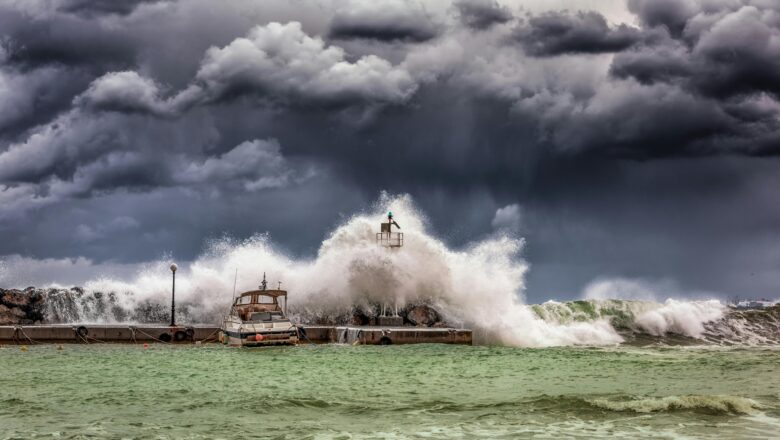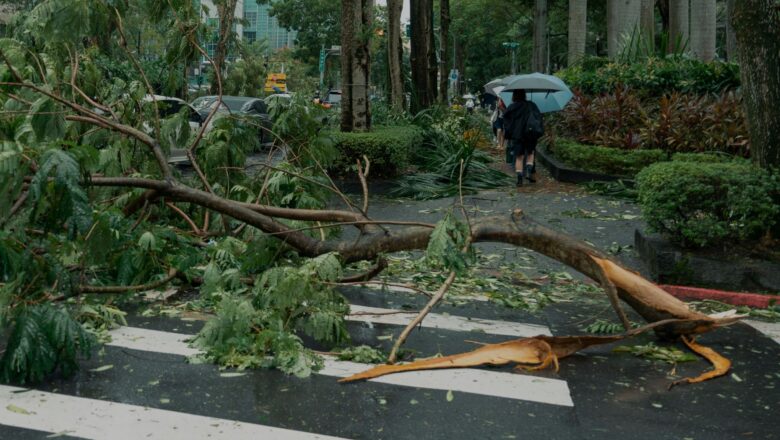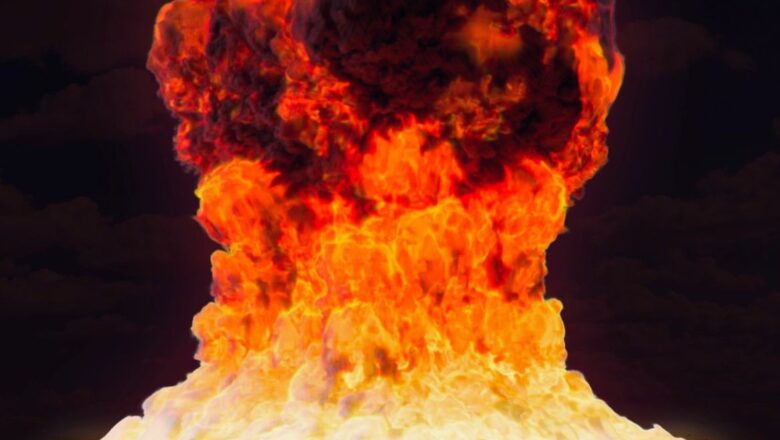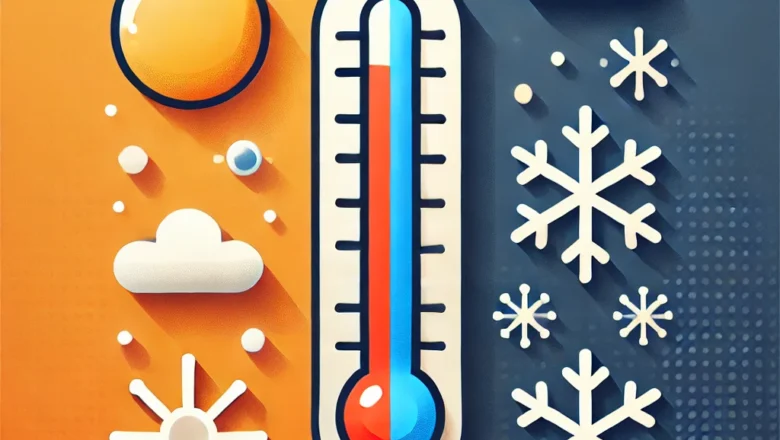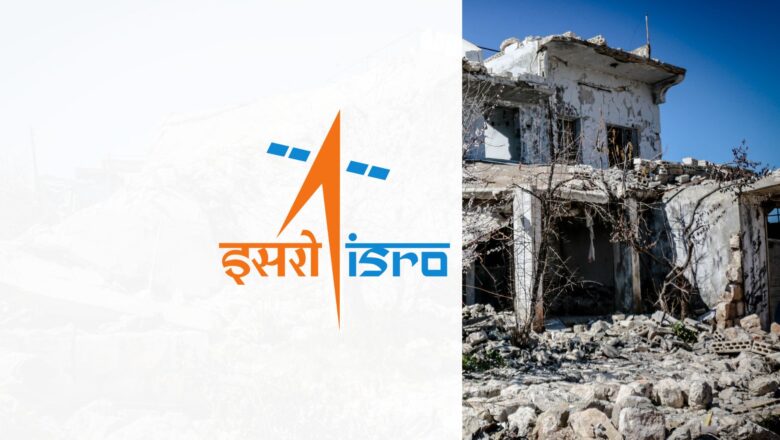
ISRO Leads Global Disaster Response: Takes Command of Space Charter for Six Months
India has once again demonstrated its leadership in space-based disaster management. ISRO has assumed the role of lead agency for the International Charter on Space and Major Disasters for six months starting April 2025, the space agency announced on Saturday.
ISRO Hosts 53rd International Charter Meeting in Hyderabad
The tenure began with ISRO’s National Remote Sensing Centre (NRSC) organizing the 53rd meeting of the Charter in Hyderabad from April 14 to 17. According to ISRO, the meeting saw the participation of major global space agencies, with 22 foreign delegates attending in person. All were engaged in discussions and planning for space-based disaster management activities.
India a Founding Member of the International Charter
India is a signatory and founding member of th...




